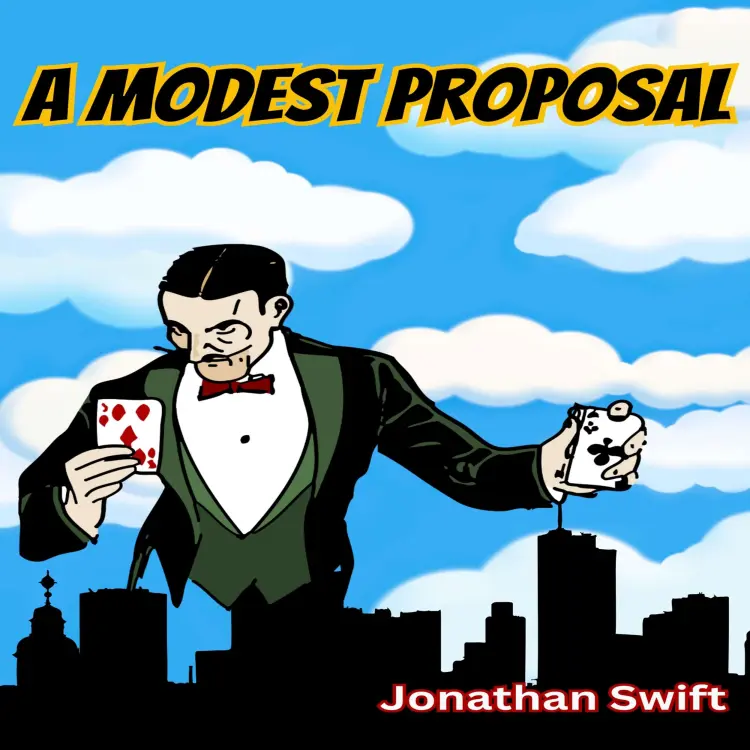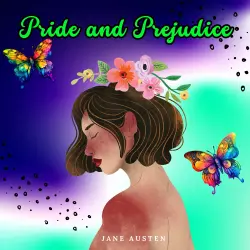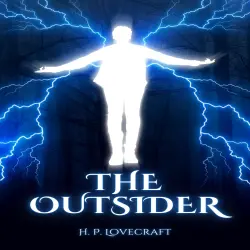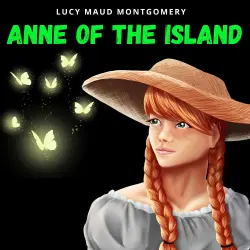
A Modest Proposal
Jonathan Swift
Unabridged
19 minuten
Opmerking: Er kunnen kosten verbonden zijn aan het afspelen van de audioboeken of hoorspelen op de respectievelijke platforms, bijv. Spotify. Lismio heeft geen invloed op welke luisterboeken en hoorspelen beschikbaar zijn op de service.
Sommige artikelen bevatten affiliate links (gemarkeerd met een sterretje *). Als je op deze links klikt en producten koopt, ontvangen we een kleine commissie zonder extra kosten voor jou. Uw steun helpt ons deze site draaiende te houden en nuttige inhoud te blijven maken. Hartelijk dank voor uw steun!
Van de uitgever
A Modest Proposal by Jonathan Swift For preventing the Children of Poor People From being a Burthen to Their Parents or Country, and For making them Beneficial to the Publick, commonly referred to as A Modest Proposal, is a Juvenalian satirical essay written and published anonymously by Jonathan Swift in 1729. The essay suggests that the impoverished Irish might ease their economic troubles by selling their children as food to rich gentlemen and ladies. This satirical hyperbole mocked heartless attitudes towards the poor, predominantly Irish Catholic (i.e., "Papists") as well as British policy towards the Irish in general.
Synopsis:
Swift's essay is widely held to be one of the greatest examples of sustained irony in the history of the English language. Much of its shock value derives from the fact that the first portion of the essay describes the plight of starving beggars in Ireland, so that the reader is unprepared for the surprise of Swift's solution when he states: "A young healthy child well nursed, is, at a year old, a most delicious nourishing and wholesome food, whether stewed, roasted, baked, or boiled; and I make no doubt that it will equally serve in a fricassee, or a ragout."
Swift goes to great lengths to support his argument, including a list of possible preparation styles for the children, and calculations showing the financial benefits of his suggestion. He uses methods of argument throughout his essay which lampoon the then-influential William Petty and the social engineering popular among followers of Francis Bacon. These lampoons include appealing to the authority of "a very knowing American of my acquaintance in London" and "the famous Psalmanazar, a native of the island Formosa" (who had already confessed to not being from Formosa in 1706).
Synopsis:
Swift's essay is widely held to be one of the greatest examples of sustained irony in the history of the English language. Much of its shock value derives from the fact that the first portion of the essay describes the plight of starving beggars in Ireland, so that the reader is unprepared for the surprise of Swift's solution when he states: "A young healthy child well nursed, is, at a year old, a most delicious nourishing and wholesome food, whether stewed, roasted, baked, or boiled; and I make no doubt that it will equally serve in a fricassee, or a ragout."
Swift goes to great lengths to support his argument, including a list of possible preparation styles for the children, and calculations showing the financial benefits of his suggestion. He uses methods of argument throughout his essay which lampoon the then-influential William Petty and the social engineering popular among followers of Francis Bacon. These lampoons include appealing to the authority of "a very knowing American of my acquaintance in London" and "the famous Psalmanazar, a native of the island Formosa" (who had already confessed to not being from Formosa in 1706).








